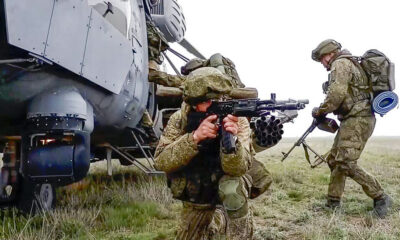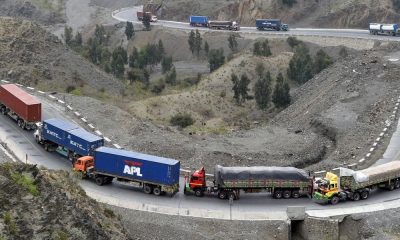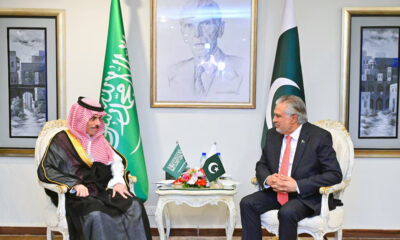Business
Pakistan, Turkmenistan sign accord to implement TAPI project
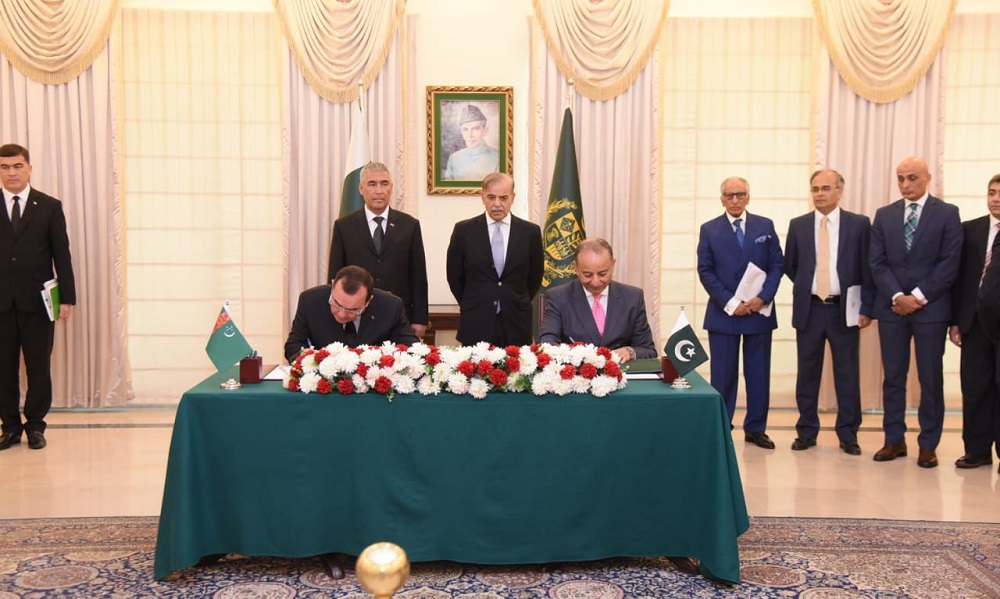
Pakistan and Turkmenistan signed a joint implementation plan on Thursday to execute the Turkmenistan-Afghanistan-Pakistan-India (TAPI) gas pipeline project.
The ceremony was attended by Prime Minister Shehbaz Sharif and a delegation of Turkmenistan led by Minister of Energy and Water Resources in Islamabad, Dawn newspaper reported.
Pakistan’s State Minister for Petroleum Musadik Malik and Turkmenistan’s State Minister and Chairman of TurkmenGas, Maskat Babayev inked the accord.
The 1,800-kilometre pipeline is expected to carry 33 billion cubic metres of natural gas every year from Turkmenistan’s Galkynysh — the world’s second-largest gas field — to the Indian city of Fazilka. It will pass through Herat and Kandahar, in Afghanistan, and Quetta and Multan in Pakistan.
Speaking on the occasion, Pakistan PM Shehbaz termed TAPI a very important project for the progress of the entire region, adding that it would help the region secure natural gas with concrete assurances and mutually agreed terms and conditions.
Highlighting the significance of energy for developing countries, he said: “We have to negotiate with this challenge through speedy action.”
Shehbaz expressed confidence that the TAPI project would lead to an era of regional cooperation, development, and prosperity. He asked the Pakistani team to expedite its planning and subsequently its execution.
He mentioned that in view of the global situation, energy had become a real challenge. “For a developing country like Pakistan, there is a need for speedy actions to explore the options for energy.”
Later, in a tweet, PM Shehbaz termed the TAPI Joint Implementation Plan “a step forward for the execution of the project”. He said the project was vital to meeting the country’s energy needs.
“Pakistan wants the project to be implemented at fastest speed. In view of costlier fuel prices and gas shortages globally, we are exploring all options to procure all forms of energy on a sustainable basis as part of a comprehensive national energy security plan,” the prime minister said.
He added that the completion of the TAPI project “will be a game-changer for the region in terms of enhanced economic cooperation.”
Business
Export volume totals over $140 million in last month of 1402
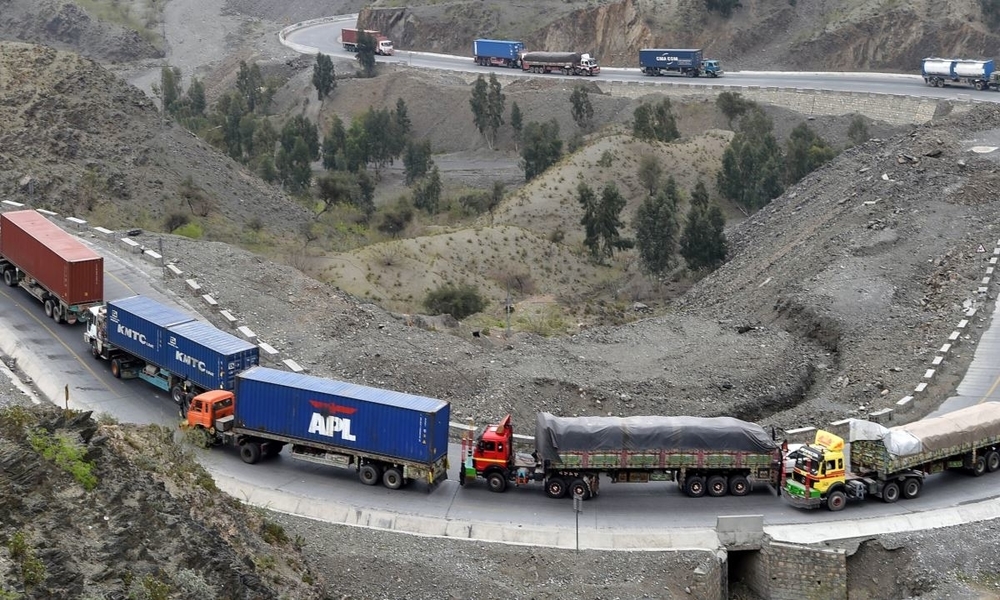
The National Statistics and Information Authority (NSIA) confirmed Tuesday that in the last month of solar year 1402, (March 2024) Afghanistan’s exports totaled $141.1 million and imports totaled $789.6 million.
This was down from $174 million for exports in the same period in 1401. However, imports increased by $99.2 million in 1402, up from $690.4 million.
Most exports in the last month of 1402 went to Pakistan, India and the United Arab Emirates, while in the last month of 1401 exports went to Pakistan, India and China.
Business
Afghanistan-Kazakhstan chamber of commerce opens in Herat
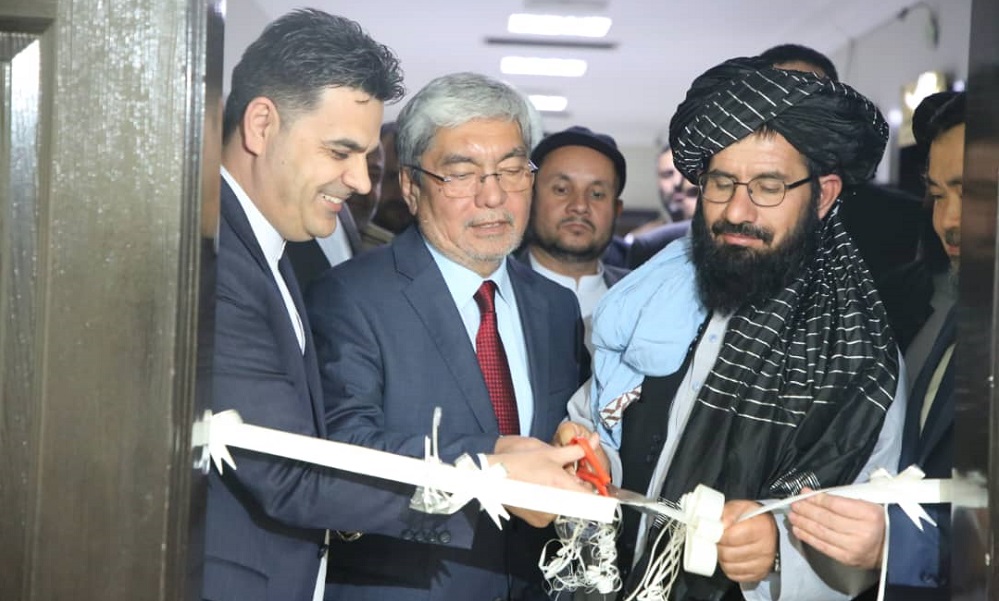
The Ministry of Interior said the governor of Herat province Islam Jar met with Alim Khan Yasin Gildaye, Ambassador of Kazakhstan to Afghanistan, to discuss various issues around trade.
According to the ministry, the two sides discussed the expansion of trade facilities, increasing the volume of trade exchanges between traders of the two countries, reducing customs tariffs, solving the challenges of traders and issuing visas to them.
The Afghanistan-Kazakhstan Chamber of Commerce has been opened in Herat in order to facilitate and increase trade between the two countries.
Business
Afghanistan reaches self-sufficiency in production of 133 items: MoIC
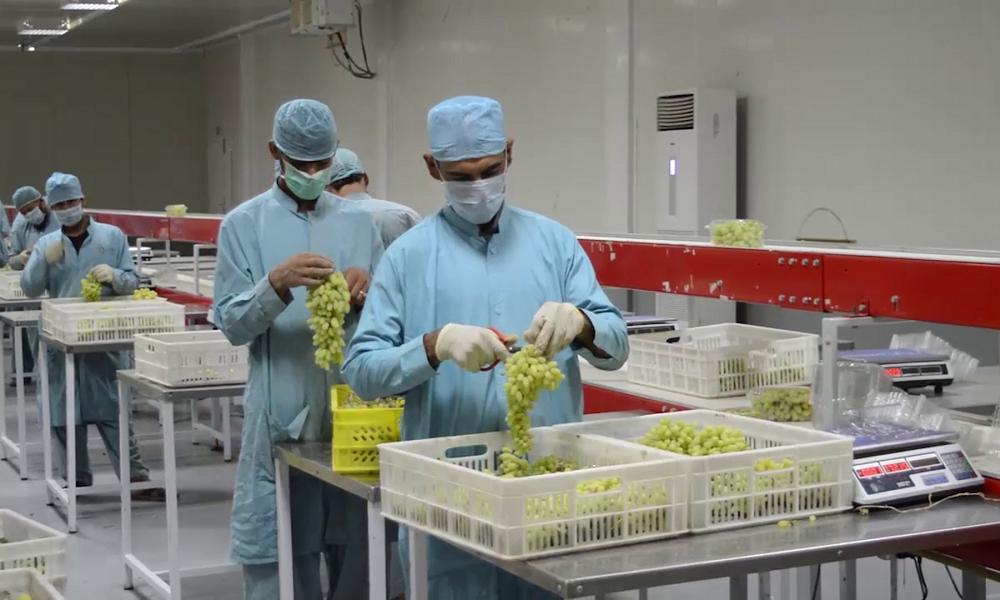
The Ministry of Industry and Commerce (MoIC) says Afghanistan has reached self-sufficiency in 45 sectors and the production of 133 items, and that the ministry is striving to change Afghanistan from an importing country to an exporting one.
The ministry officials said that for this purpose, supporting domestic products and attracting investment is essential.
The ministry’s spokesman Abdul Salam Jawad Akhundzada emphasized increasing the use of domestic goods and products in government and national projects and added that efforts have also begun to find a market for domestic products inside and outside the country.
“We have reached self-sufficiency in 133 items of production, which is 45 sectors, and also we reached the capacity of semi-self-sufficiency in 95 items of production, which is 27 sectors,” he said.
Meanwhile, the Chamber of Industries and Mines (ACIM) says over the past two and a half years, more attention has been paid to the development of domestic production and it is also expanding.
The chamber officials stressed expanding the culture of using domestic products in government projects.
“I think that the government is one of the biggest consumers in the market if it uses domestic products in all its development projects,” said Abdul Nasir Rashtia, a member of ACIM.
Economic experts also said that if the use of domestic products in government projects increases, Afghanistan will quickly move towards economic independence.
-

 Regional4 days ago
Regional4 days agoIndian foreign ministry advises against travel to Iran, Israel
-

 Latest News4 days ago
Latest News4 days agoLightning strikes in Helmand kill one, injure three
-

 Latest News4 days ago
Latest News4 days agoTop former US general claims Daesh-Khorasan is ‘on the upswing’
-
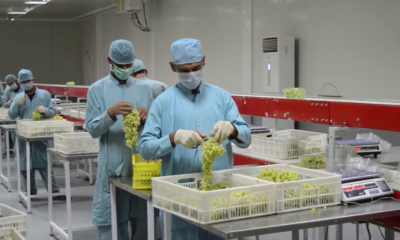
 Business4 days ago
Business4 days agoAfghanistan reaches self-sufficiency in production of 133 items: MoIC
-

 Health4 days ago
Health4 days agoMajority of Afghans with mental disorders are women: officials
-

 Sport3 days ago
Sport3 days agoACL draw to be broadcast live on ATN channels
-

 Regional3 days ago
Regional3 days agoIRGC chief warns of harsher response if Israel attacks Iran
-

 World4 days ago
World4 days agoOne killed, 10 injured in cable car accident in southern Turkey






